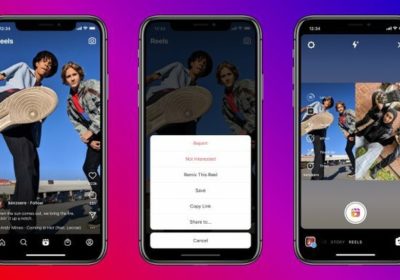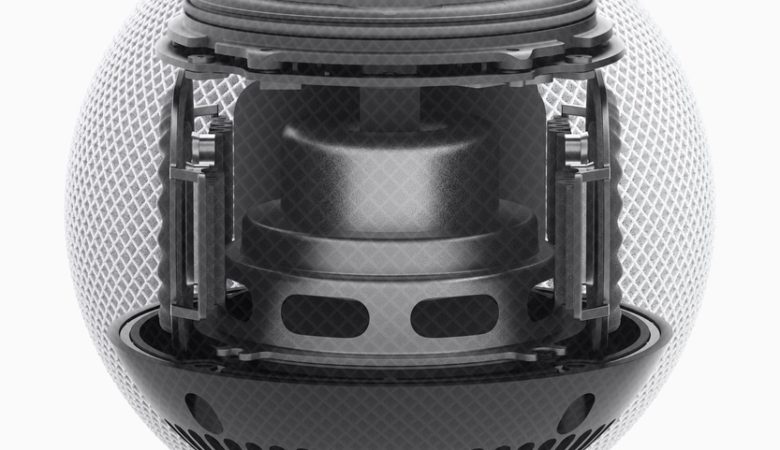There are many people looking for food that is good for sight, but few people are concerned about food that is good for hearing. It’s hard to imagine that food and ear health might be related.However, food also affects your ear health, your hearing.

Everyone knows that minimizing your exposure to high-decibel noise can help keep your ears healthy. In addition to this, recent papers have been published that show that a healthy diet helps prevent hearing loss.
Dr. Enrique Perez, an otolaryngologist at Mount Sinai Hospital in the United States, said through the Consumer Reports of the American Consumer Association, “food has been identified as a factor affecting hearing, along with noise pollution, age, certain drugs, and diseases such as diabetes. Explained.
According to a study conducted by a Spanish research team, antioxidants such as fruits, vegetables, omega-3 fatty acids and vitamins A, C and E appear to help lower the risk of aging-related hearing loss.
Some studies have shown that people who eat fish 2-4 times a week are 20% less likely to develop hearing problems than those who do not. According to the study, if folic acid intake falls below 200 mg per day, the risk of hearing loss increases.
In a 2018 study that looked at the connection between eating habits and hearing loss in 81,000 women, women who followed a Mediterranean diet and a Dash diet to help manage high blood pressure were at a 30% higher risk of hearing loss during the 22 years of the study. Was low. Similar findings were found in a study of 3,000 women published this year in the American Journal of Epidemiology.
So, what foods are good for ear health? In general, you can think of a heart-healthy diet as good for your ears. Assuming you have a meal on a plate, half of the plate is filled with vegetables and fruits. The other half is filled with vegetable proteins such as whole grains and legumes. And every few days, replace whole grains and vegetable protein with healthy fats such as nuts and olive oil, and lean meats, poultry, and fish. Plant foods high in carbohydrates, such as potatoes, should be minimized.
However, diet alone doesn’t mean you can protect your ears. People who are frequently exposed to noise should protect their ears by wearing earplugs, and smoking cessation is also essential. A study published last year by a Japanese research team in the Oxford Academic Journal found that smoking increases the risk of hearing loss. In addition, a study by Johnson Hopkins University showed that physical activity is also an important factor in maintaining ear health. Also, if you frequently ask other people’s words or need to increase the TV volume, it is better to check your current ear condition through a hearing test.











